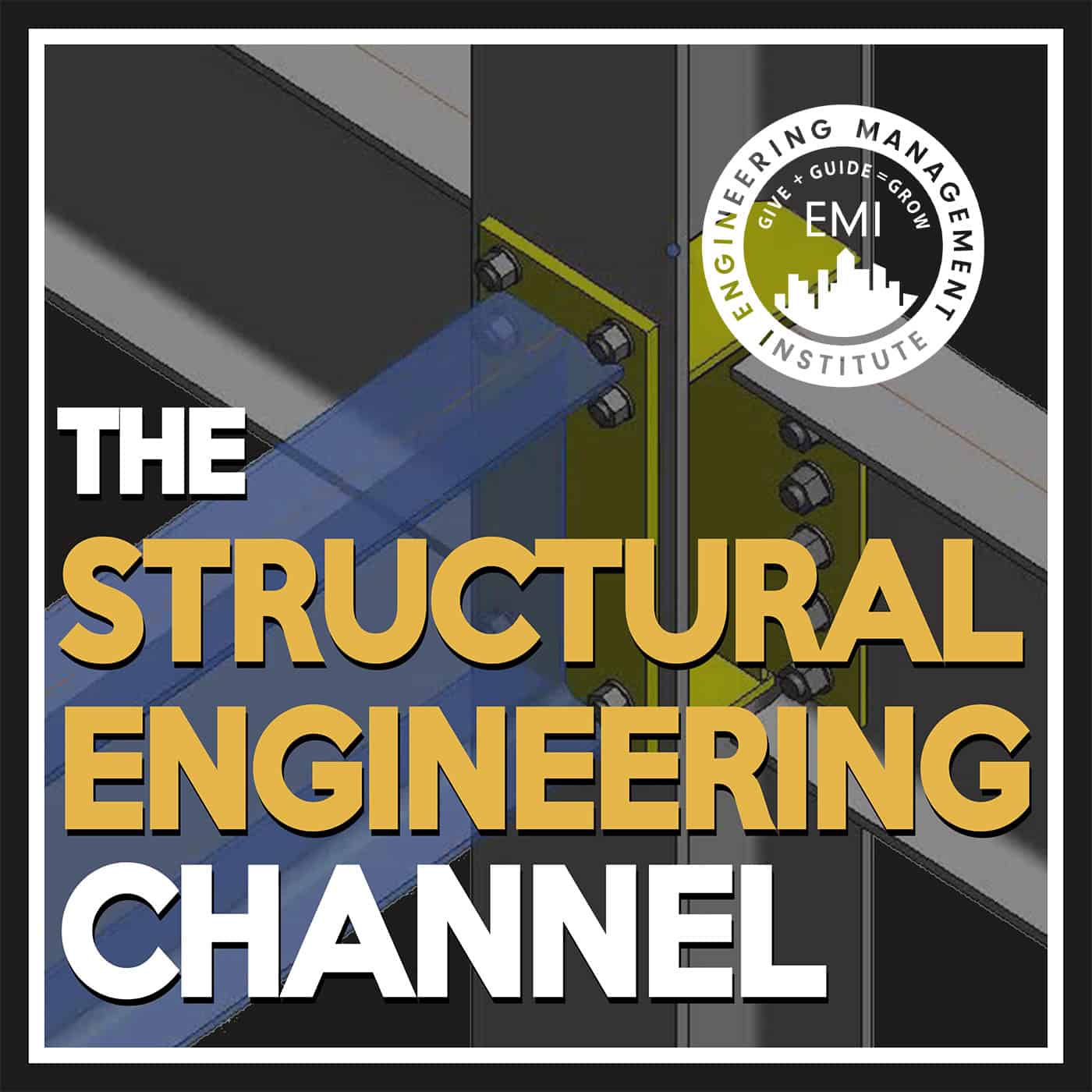TSEC 102: Engineering Across Continents: Challenges and Lessons Learned from Working Abroad
Description
In this episode, we talk to Joseph Camajani, SE, a principal and client executive at IMEG Corp about his global engineering experiences across five continents. He highlights the challenges he encountered, and how working abroad influenced his outlook on engineering and project execution. He also provides some great advice for aspiring engineers looking to explore professional opportunities outside their local vicinity.
***You can view the show notes for this video here.***
Engineering Quotes:
Here Are Some of the Questions We Ask Joseph:
Can you take us through your journey of working abroad and highlight some of your experiences?
Can you elaborate on the challenges you faced when working abroad, such as cultural and language barriers, and adapting to different systems like the metric system and local drawing standards?
What were the language barriers like while working overseas as an engineer, and how did you manage to convey technical information to people who may not have had a strong grasp of English?
How has your international experience shaped your perspective on engineering and project delivery upon returning home?
What advice do you have for young engineers who may be hesitant to work abroad, and how can they prepare themselves for such an opportunity?
What do you think are the biggest challenges and opportunities in the engineering industry, and how do you suggest addressing them?
What skills do you recommend for engineers looking to advance their careers into project management or principal roles?
Here Are Some of the Key Points Discussed About Engineering Across Continents: Challenges and Lessons Learned from Working Abroad:
Working abroad can provide valuable opportunities for personal and professional growth, including exposure to different cultures, standards, and customs, as well as the chance to work on exciting, large-scale projects. It can also present challenges, such as culture shock and the need to adapt to new environments and work styles, but it can be a rewarding and eye-opening experience for those who are willing to take on the adventure.
Engineering is a global profession and fundamental principles can be applied anywhere with different methodologies and construction techniques. Connecting with people and learning from one another is essential to breaking down barriers, even in the face of language or cultural differences. Developing confidence takes time and effort, but it is a key factor for success in the engineering industry.
As an engineer working overseas, language barriers can be partially overcome by having a grasp of engineering terms in the local language, and it's crucial to acknowledge and respect the language and culture of the host country. By trying to communicate effectively and meet others halfway, engineers can bridge the gap and work toward a successful collaboration.
International engineering work highlights the necessity of patience, attention to detail, effective communication, and respect for differences in backgrounds, experiences, and cultures. Such experiences demonstrate the significance of teamwork and collaboration to achieve success, which are vital in modern engineering projects.
Challenging yourself and taking opportunities that come your way can lead to personal and professional growth as an engineer, even if it means stepping out of your comfort zone and experiencing new cultures and environments.
The benefits of technology in the engineering industry are clear, but there is a risk of overreliance on software and digital tools, which can hinder engineers' abilities to learn and grow. The pandemic and remote work have also highlighted the importance of human interaction and collaboration in achieving success as a team.
More Episodes
In this episode, we talk with Ryan Jeansonne, P.E., civil structural engineer at Titan Delta, who shares powerful insights on mentorship and continuous learning in engineering, inspiring both new and seasoned professionals to take bold, impactful steps in their careers.
***The video version of...
Published 11/14/24
Published 11/14/24
In this episode, we speak with Farshad Mirshafiei, Ph.D., P.Eng., CEO and co-founder of Sensequake, about how advanced technologies are transforming structural assessments and redefining safety and infrastructure resilience in buildings and critical systems.
***The video version of this...
Published 10/31/24


